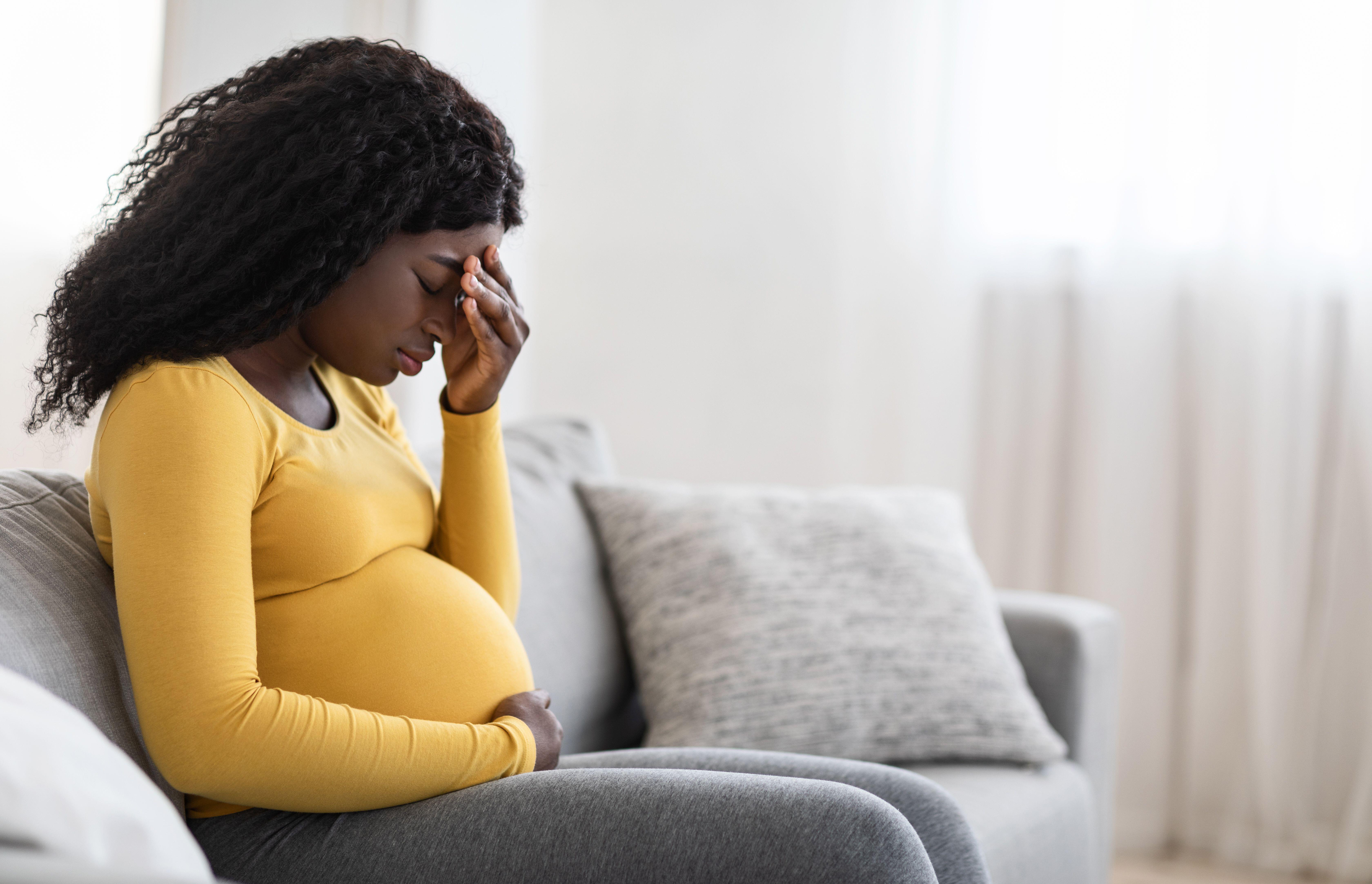Ask an expert: what is pre-eclampsia, and who is at risk?
An obstetrician explains pre-eclampsia is a high blood pressure problem in pregnant women.

Your support helps us to tell the story
From reproductive rights to climate change to Big Tech, The Independent is on the ground when the story is developing. Whether it's investigating the financials of Elon Musk's pro-Trump PAC or producing our latest documentary, 'The A Word', which shines a light on the American women fighting for reproductive rights, we know how important it is to parse out the facts from the messaging.
At such a critical moment in US history, we need reporters on the ground. Your donation allows us to keep sending journalists to speak to both sides of the story.
The Independent is trusted by Americans across the entire political spectrum. And unlike many other quality news outlets, we choose not to lock Americans out of our reporting and analysis with paywalls. We believe quality journalism should be available to everyone, paid for by those who can afford it.
Your support makes all the difference.What is pre-eclampsia, and could I be at risk of getting it?
Consultant obstetrician and fetal medicine specialist Dr Chrissie Yu, from London’s Portland Hospital, part of HCA Healthcare UK (hcahealthcare.co.uk), says: “Pre-eclampsia is when you have high blood pressure and possibly protein in your urine during pregnancy or after delivery.
Pre-eclampsia usually occurs from around 20 weeks of pregnancy and affects 2-5% of pregnant women. It can be very dangerous if it goes undetected – you could experience kidney and liver damage, blood clotting, or bleeding from the placenta, as well as a stroke or seizure. There are also risks to the baby, such as poor growth, premature birth or stillbirth.
“It’s important to be aware of the symptoms of pre-eclampsia, including severe headaches, blurred vision, pain in the abdomen (especially in the right upper part), vomiting later in pregnancy, sudden swelling of your hands, face or feet, and breathlessness. If you feel your baby move less often, it’s important to see your doctor or midwife urgently so they can take your blood pressure and a urine sample.
“There are a variety of risk factors associated with pre-eclampsia – you may be at higher risk if you’ve suffered with it before, or have previously had high blood pressure. In addition, a history of diabetes or kidney disease, antiphospholipid syndrome (APS), or systemic lupus erythematosus (SLE) are other risk factors.
“You may also be at increased risk if you’re overweight, over the age of 40, if it’s a first-time pregnancy or first pregnancy in over 10 years, if you’re pregnant with more than one baby, or if your mother or sister experienced pre-eclampsia.
“If high blood pressure occurred after 37 weeks, there’s a one in 10 chance of recurrence in future pregnancy. If high blood pressure occurred earlier than 34 weeks, or you had a very small baby, there’s a one in four chance of recurrence in future pregnancies, and a one in two chance if your delivery occurred before 28 weeks in subsequent pregnancies.
“If you’re diagnosed as at risk of pre-eclampsia, your doctor will prescribe a low-dose of aspirin (75-150mg daily) from 12 weeks until you give birth.
“If your blood pressure is high during pregnancy, regular blood pressure and urine checks, blood tests and ultrasound scans to assess baby’s growth will be needed, and hospital admission may be required. Treating high blood pressure with medication can enable the pregnancy to progress further.
“The only cure for pre-eclampsia is to give birth. If your blood pressure worsens or the baby’s growth is affected, induction or a c-section may be recommended. Pre-eclampsia usually improves within six weeks of your baby’s birth.
“High blood pressure in pregnancy can lead to increased risks of health problems later in life, such as chronic hypertension, cardiovascular disease, stroke, and kidney problems, so annual blood pressure checks are advisable. You should also avoid smoking, take regular exercise and maintain a healthy diet and a normal BMI.”